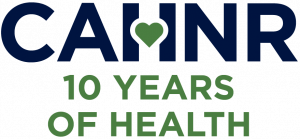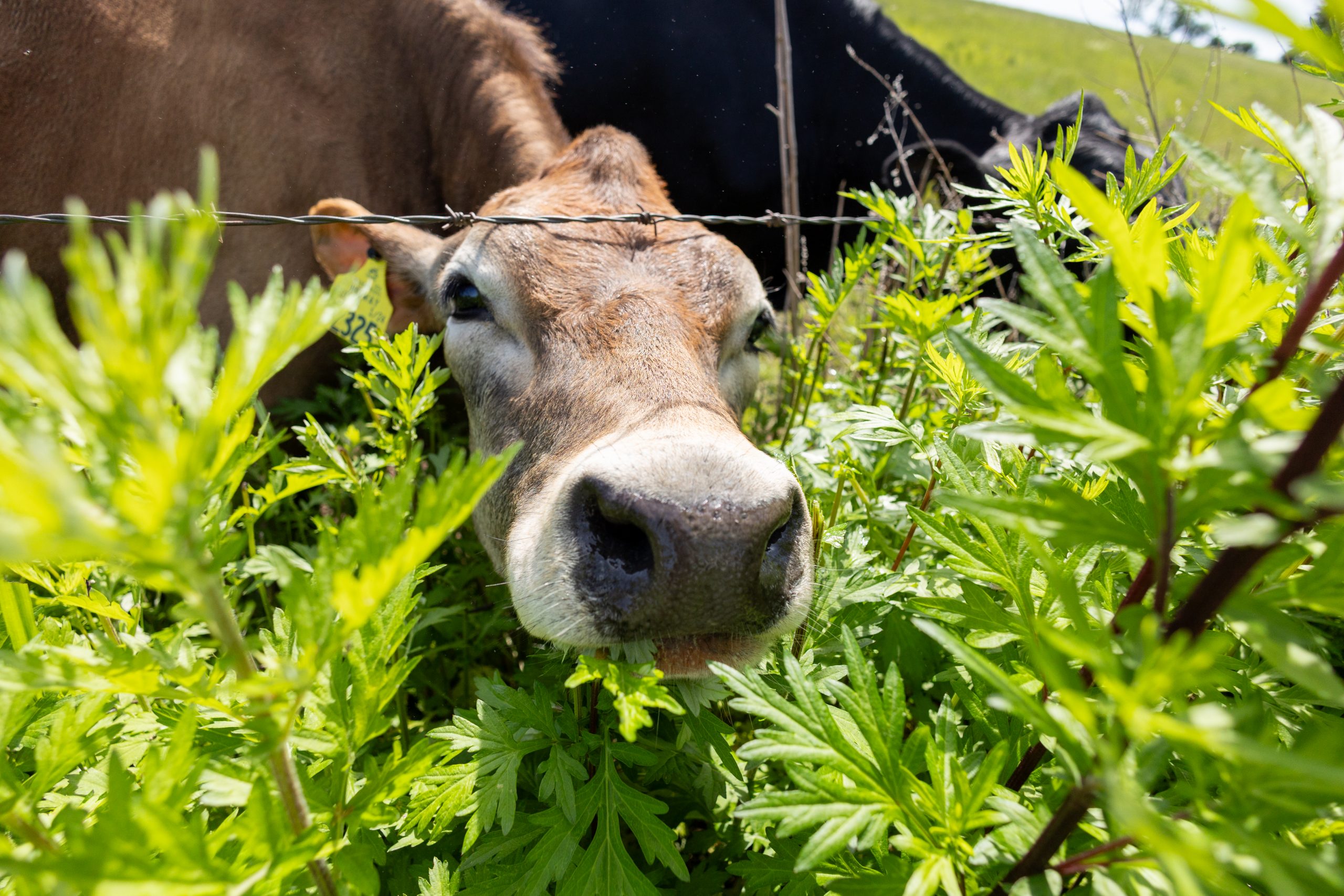Many Americans struggle to lose weight, especially in an environment saturated with information about fad diets and quick fixes.
Professor Sherry Pagoto in the Department of Allied Health Sciences and director of UConn’s Center for mHealth and Social Media is addressing this widespread issue by launching a public-facing virtual program based on her decades of research on weight loss interventions. Her new program, Health is Social, launches in March 2024.
 The evidence-based program will serve as a counter to much of the mixed messaging people receive about fad diets and exercise regimes, which tend to be extreme, restrictive, and unsustainable.
The evidence-based program will serve as a counter to much of the mixed messaging people receive about fad diets and exercise regimes, which tend to be extreme, restrictive, and unsustainable.
“In the weight loss space, there are a lot of fads,” Pagoto says. “And I think the general public is getting a lot more aware of the fact that they are getting bombarded with fad solutions, and they are more interested in things that are evidence-based.”
The program Pagoto and her team have devised focuses on long-term healthy lifestyle changes, aligned with the American Heart Association’s diet recommendations and national physical activity guidelines, with the goal of preventing chronic diseases such as diabetes and heart disease.
This initiative will implement the weight loss intervention program Pagoto’s lab has developed over the years as an entirely virtual, asynchronous program using private Facebook groups.
“Instead of developing our own platform, we use Facebook groups because the majority of Americans, particularly those who are interested in weight loss programs, are Facebook users already,” Pagoto says. “Private Facebook groups provide a lot of features that allow us to bring these programs to life.”
Using an online platform expands the program’s reach as more people can be in a Facebook group than would fit in a physical room.
This approach also addresses a significant barrier other weight loss programs present, which require people have time to attend meetings at specific times each week.
“What we offer that’s a little bit different is asynchronous, 24-7 access to a community and a professional weight loss counselor who guides people through the program,” Pagoto says.
The group is moderated by a professional weight loss counselor. Twice a day, the moderator will post conversation starters encouraging members to engage in behavioral weight loss strategies like goal-setting and self-monitoring.
“By making every post a conversation starter, we’re able to engage people in the content as opposed to just spitting facts at them,” Pagoto says. “Most people know what foods are healthy and that they should exercise, the challenge is how to implement that knowledge. Implementation requires problem solving, behavioral strategies, and peer support.”
The name of the program, Health is Social, emphasizes not only that it utilizes a social media platform but that, built into this choice, participants gain access to a support group of peers.
“There’s a lot of crowd sourcing of information and experiences that facilitates behavior change in people,” Pagoto says.
Each week, participants will receive one diet and one exercise goal. For example, increasing fiber intake, decreasing sugary beverage intake, and increasing physical activity.
“We use a ‘building blocks’ approach that gradually helps people shape their diet to be in line with the American Heart Association and gradually create a physically active lifestyle. If you just throw a complicated diet at people where they have to change 20 things at once, or say you need to be getting 150 to 300 minutes of exercise a week right now, that’s too much,” Pagoto says.
Participants will pay a $20 monthly subscription fee, which they can cancel at any time. Participants can join from anywhere in the country so long as they have a Facebook account.
The program can work with commercial diet programs that participants may already be following and dietary restrictions, like veganism or vegetarianism. And, it is a great resource for people who are on the new GLP-1 weight loss medications and want support as they transition off of those medications.
“It’s really exciting to see it come to life and be offered to the public, outside the research context,” Pagoto says.
Pagoto and her team will be tracking data from the group, including participants’ comments and interactions with the posts. This will allow the team to better understand what kinds of posts are more engaging in order to improve the program.
“[We] may be able to build up toward having enough numbers participating in the program, beyond what we would ever get in a research study that will allow us to be able to answer questions we couldn’t cover in a single research study with just 100 or 200 people,” Pagoto says. “The best research insights come from the experiences of real people.”
Anyone interested in joining the program can sign up for the waitlist on the Health is Social website.
This work relates to CAHNR’s Strategic Vision area focused on Enhancing Health and Well-Being Locally, Nationally, and Globally.
Follow UConn CAHNR on social media



